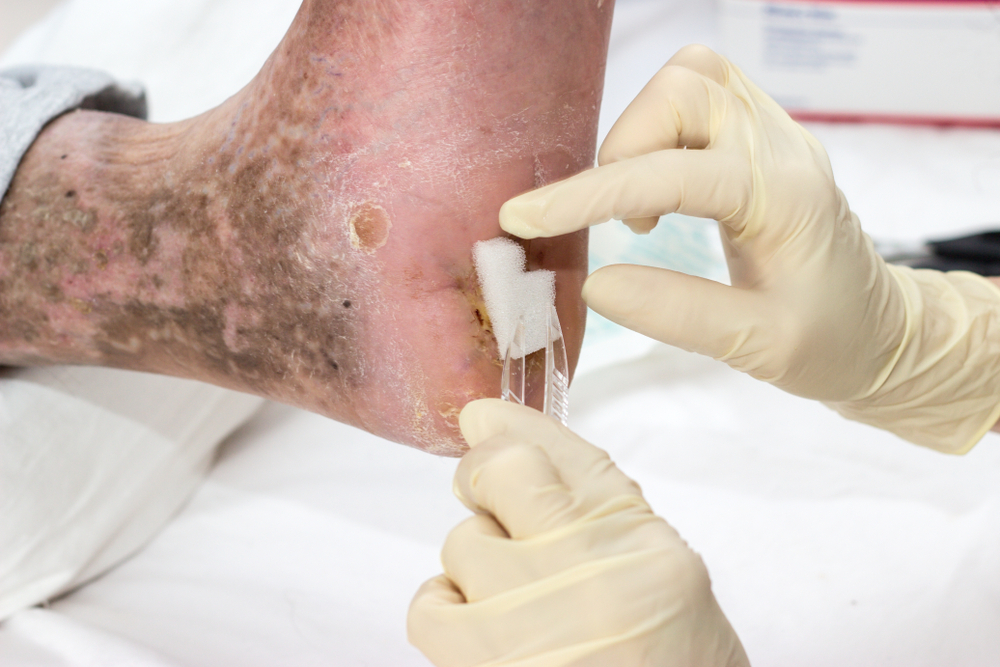Protecting Your Vision: Eye Health and Diabetes

Vision is a precious sense, and individuals with diabetes are at risk of eye-related complications. In this blog, we’ll discuss the importance of Eye Health and Diabetes, the risks involved, and strategies to protect your vision.
The Importance of Regular Eye Exams
Regular eye exams are essential for individuals with diabetes due to the risk of diabetic retinopathy—a condition that can lead to vision loss. Here’s why these exams matter:
- Early Detection: Regular exams can detect diabetic retinopathy at an early stage when treatment is most effective.
- Preventive Measures: Your eye specialist can recommend preventive measures to reduce the risk of complications.
- Vision Preservation: Timely intervention can help preserve your vision and maintain your quality of life.
Risk Factors for Diabetic Eye Complications
Several factors increase the risk of diabetic eye complications:
- Poor Blood Sugar Control: High blood sugar levels increase the risk of diabetic retinopathy.
- Hypertension: High blood pressure can worsen eye complications.
- Duration of Diabetes: The longer you have diabetes, the higher the risk of eye problems.
- Pregnancy: Pregnant individuals with diabetes may experience vision changes.
Strategies for Protecting Your Vision
- Regular Eye Exams: Schedule annual eye exams with an eye specialist or ophthalmologist.
- Blood Sugar Control: Maintain stable blood sugar levels through diet, exercise, and medication.
- Blood Pressure Management: Control high blood pressure to reduce eye-related risks.
- Lifestyle Habits: Avoid smoking and limit alcohol consumption to protect your vision.
- Healthy Diet: Consume foods rich in antioxidants, like fruits and vegetables, to support eye health.
- Protective Eyewear: Wear sunglasses to shield your eyes from harmful UV rays.
Understanding Diabetic Retinopathy
Diabetic retinopathy is a progressive condition characterized by damage to blood vessels in the retina. It can lead to vision loss if left untreated. Treatment options include laser therapy, medication injections, and surgery. Early detection and intervention are crucial for preserving vision.
Conclusion
Protecting your vision is essential when living with diabetes. Regular eye exams, blood sugar control, and a healthy lifestyle are key components of preserving eye health. By taking proactive measures and staying informed, you can reduce the risk of diabetic eye complications and maintain clear vision.
In the next blog, we’ll discuss neuropathy and its prevention, focusing on strategies to protect nerve health and minimize the risk of complications. Stay informed and empowered on your diabetes management journey.








